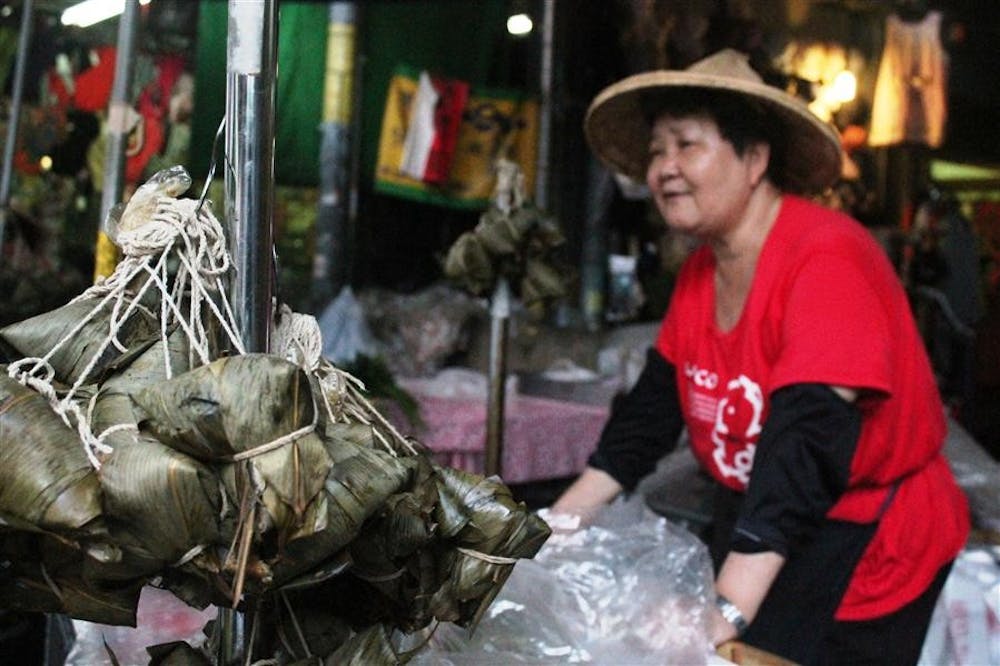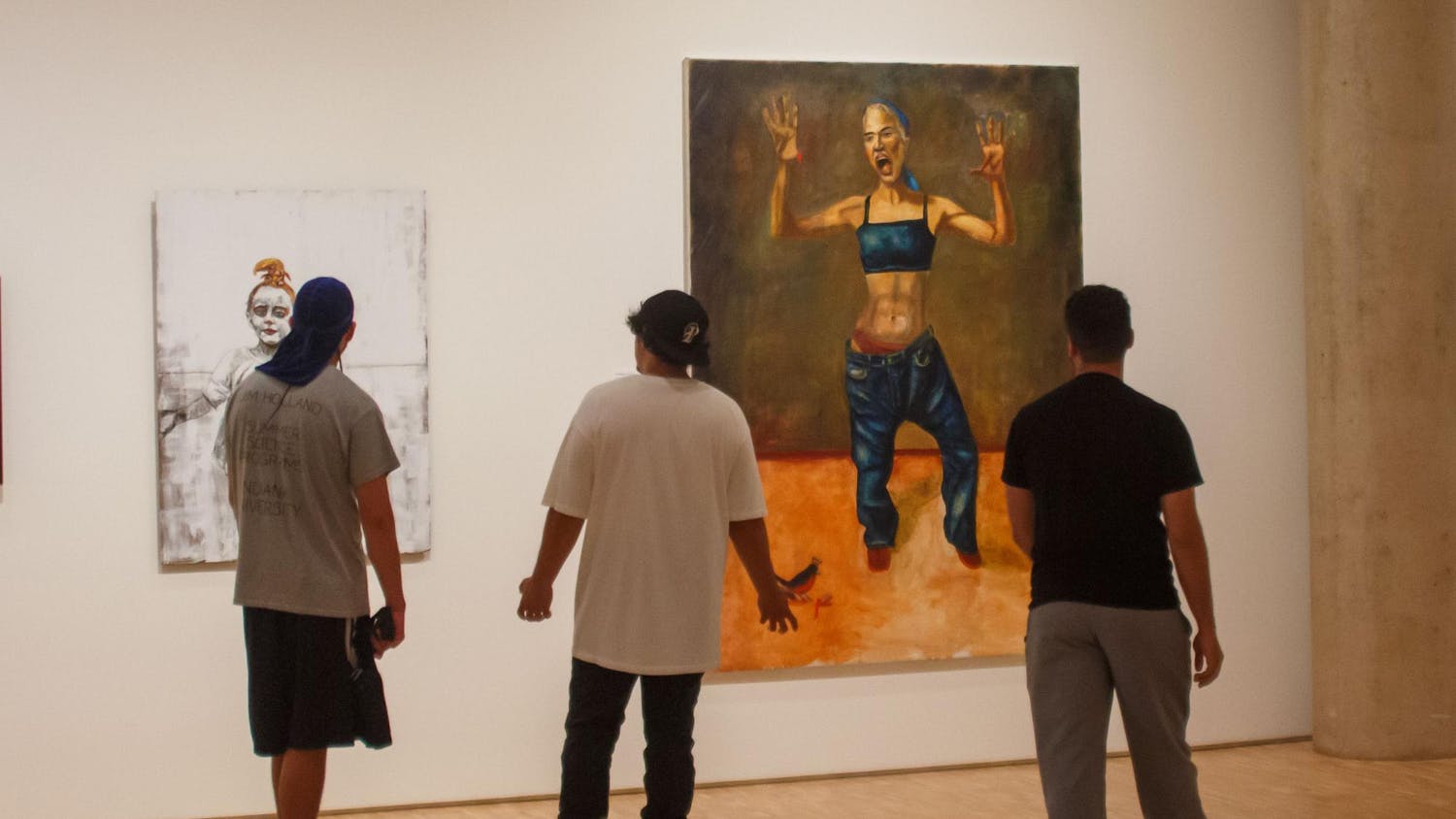With the school year coming to a close, Taiwan has been filled with a festive spirit. Communities are flocking to the closest river to witness the dragon boat race, an international sports event that originated more than 2,000 years ago in China.
Two days after the beginning of summer, June 23 was the Lunar Calendar’s fifth day of the fifth month, also known as the “Duanwu Jie” or Double Fifth Festival. Traditionally, the fifth month has been seen as the month of poison and evil spirits due to the summer solstice.
The new heat causes diseases to be easily spread, food to be easily spoiled and the amount of pests to increase.
In response, the people of East Asia formed rituals collected from centuries of tradition in hopes of protecting themselves and their family.
Once the fifth month arrived, mothers would hang Calamus weeds outside their houses and sew scented sachets and fill them with certain herbs for their children.
For the entire month, children would hang these sachets around their necks to protect them from the summer diseases.
At noon on the fifth day, it is also said that the well water has beneficial powers for health due to the sun being at its strongest point of the year. Those who can access wells continue to trek through the heat to wash their children with the special water.
Although the city life has threatened these once-common rituals and most mothers no longer feel the need to protect their children from the evil spirits, certain delicious traditions seem to prevail.
Zongzi is a rice dish cooked and served wrapped in bamboo leaves. Meat, eggs, peanuts and other ingredients are wrapped inside, and the long steaming process and bamboo leaves give it a unique taste.
The recipe stems from the event of famous poet Qu Yuan killing himself by jumping into a river. His admirers mourned his death and threw the wrapped rice into the water to prevent the fish from devouring his body. Today, the people make the dish annually in honor of his death.
All rituals aside, the festival is like the Taiwanese version of Thanksgiving. It is a time for families to reconnect through delicious, homemade food.
My neighbor’s son and daughter-in-law returned home from their work in the city just to eat and spend some quality time with their family. They wrapped the rice into the bamboo leaves at their front door and gave it away or sold it.
The Double Fifth Festival is just one of the many days of the year when the people of East Asia observe the tradition that has been carried through thousands of years.
Although life has modernized, the people are willing to take a break from the city to taste their favorite homemade treat.
— lenmorri@indiana.edu
Column: Summer solstice tradition

Get stories like this in your inbox
Subscribe




